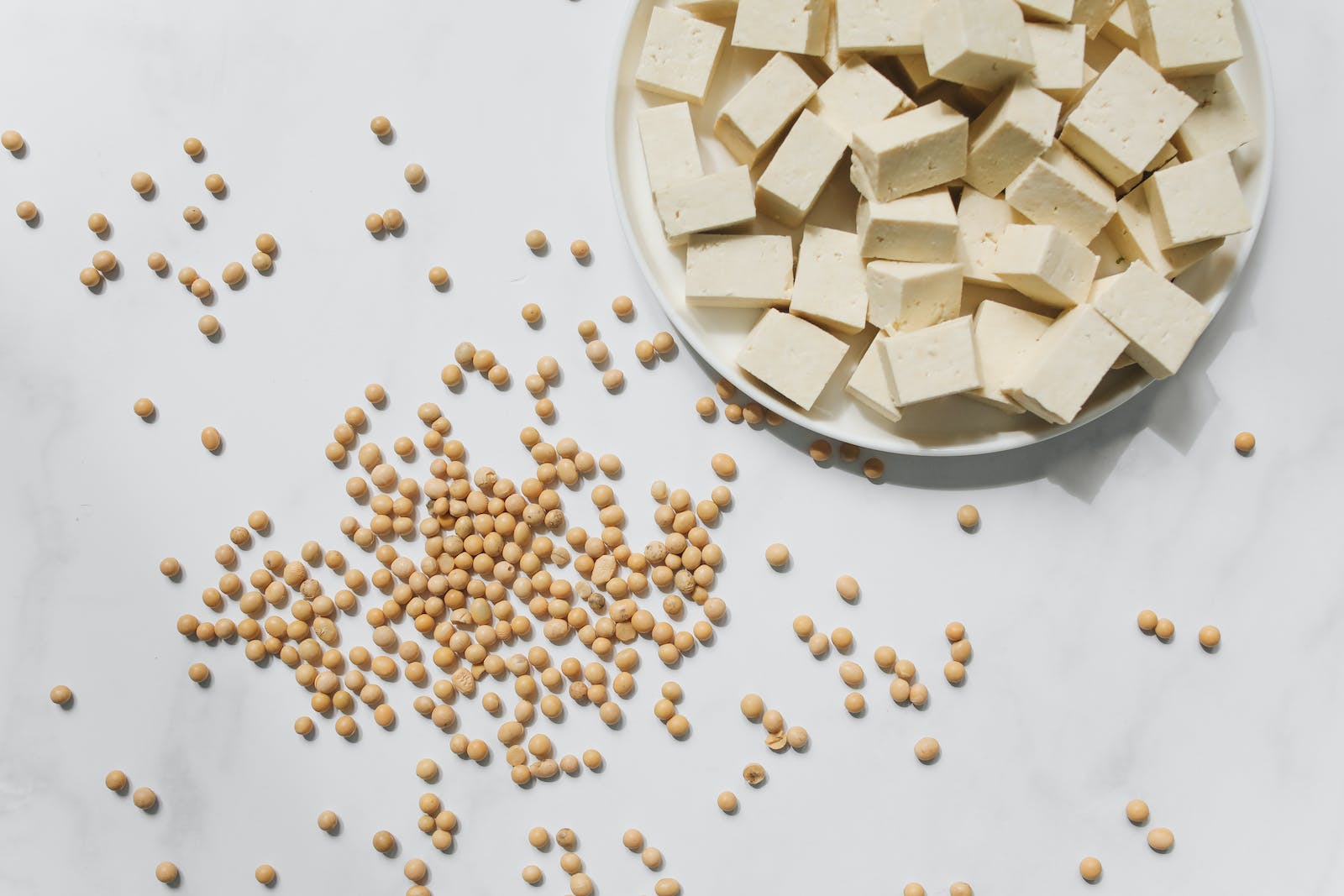
A soy-free diet, which excludes all soy-based products, caters primarily to those managing food allergies and those seeking to enhance their overall health. Though soy is a common ingredient in many processed foods, with planning and creativity, it’s possible to enjoy a nutritious and delicious soy-free diet.
Understanding the Soy-Free Diet
A soy-free diet eliminates all soy-based products, including whole soybeans, soy milk, soy sauce, tofu, and soy-based ingredients. This diet is particularly beneficial for those with soy allergies, as it helps avoid allergic reactions. However, even those without allergies can benefit by reducing inflammation and improving digestion. Some people even report increased energy levels and improved overall health after eliminating soy from their diet.
What to Eat and Avoid on a Soy-Free Diet
A soy-free diet isn’t restrictive; there are numerous delicious and nutritious soy-free foods to enjoy. These include fresh fruits and vegetables, lean proteins like chicken, fish, and eggs, whole grains, nuts, and seeds. Dairy products like milk, cheese, and yogurt are also soy-free.
However, it’s crucial to avoid all soy-based products like whole soybeans, soy milk, soy sauce, tofu, and processed foods with soy-based ingredients. Carefully read labels as soy can often be a hidden ingredient in processed foods.
Soy-Free Meal Ideas
Creating meals on a soy-free diet is straightforward. A nutritious meal could include grilled chicken with roasted vegetables and quinoa. Another option is a salad topped with salmon and nuts. For breakfast, scrambled eggs with roasted potatoes and a piece of fruit is a great choice.



Potential Considerations on a Soy-Free Diet
While a soy-free diet is safe for most people, it’s important to be aware of potential side effects like constipation, headaches, fatigue, and difficulty concentrating. If you experience these symptoms, consult your doctor.
A soy-free diet might also lead to nutritional deficiencies, including protein, calcium, iron, and omega-3 fatty acids. It’s essential to address these deficiencies through your diet.
The Role of DNA Testing in Personalized Diets
While a soy-free diet can bring numerous health benefits, it’s important to remember that everyone’s dietary needs are individual. What works for one person may not work for another. This is where DNA testing can play a crucial role.
With a DNA test, such as the one offered by CircleDNA, you can discover your unique genetic predispositions related to food sensitivities, nutrient needs, and more. This knowledge can guide you in tailoring your meals and dietary choices to better suit your body, enhancing your overall health and wellbeing.
So, before you embark on a soy-free diet or any other diet, consider taking a DNA test. It could be the key to unlocking your optimal diet and leading a healthier life.
Key Takeaway:
A soy-free diet can be a healthy and nutritious option, especially for those with soy allergies or sensitivities. However, it’s essential to remember that individual nutritional needs can vary significantly. By combining dietary adjustments with personalized insights from a DNA test, such as the one offered by CircleDNA, you can create a diet plan that is truly personalized to your genetic makeup, helping you optimize your health and wellbeing.







Your point of view caught my eye and was very interesting. Thanks. I have a question for you.
I don’t think the title of your article matches the content lol. Just kidding, mainly because I had some doubts after reading the article.